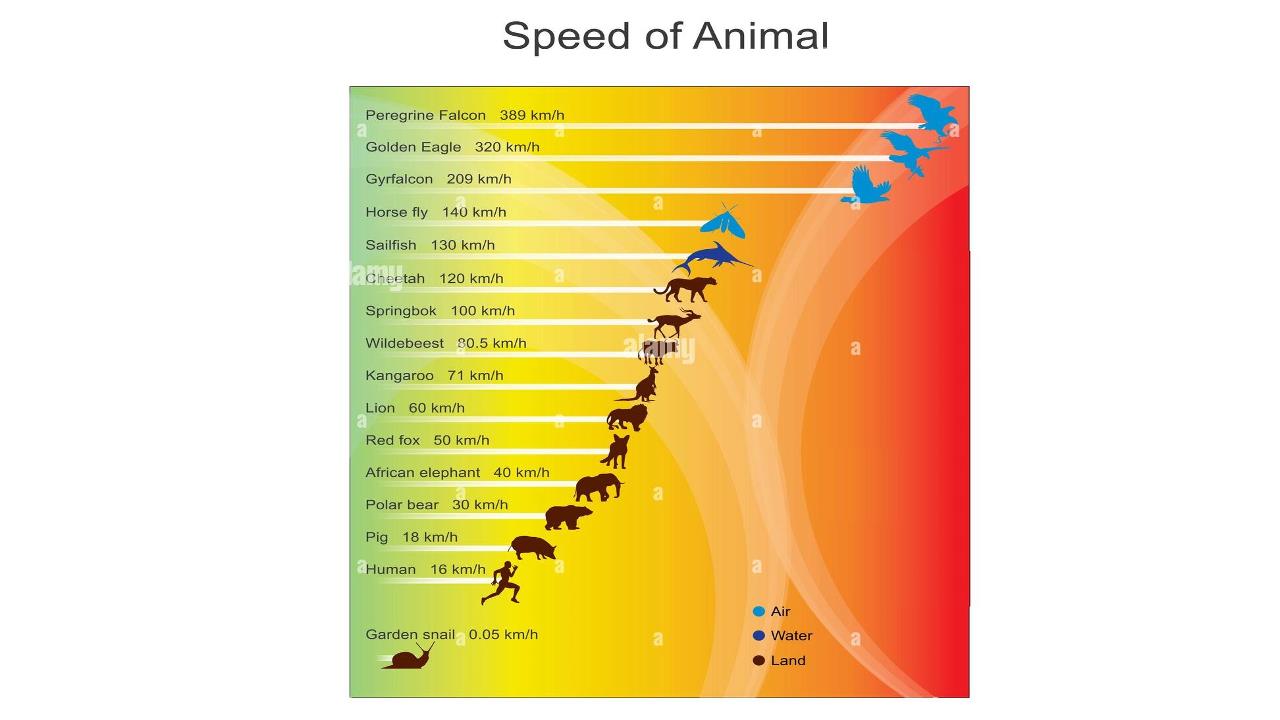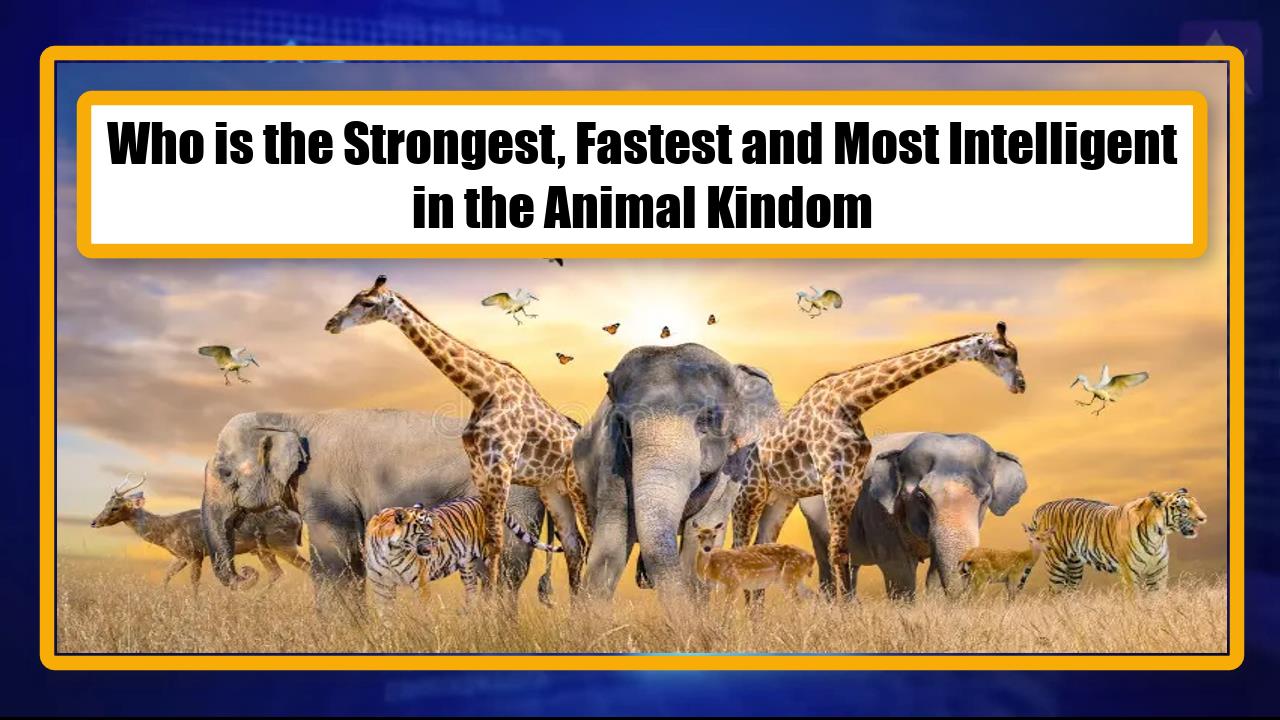Video:
Take our online poll:
AI Analysis:
Determining the "most relevant" animal in the animal kingdom is complex and can depend on various factors, including how productivity is defined and measured. Speed, strength, and intelligence are just a few of the many attributes that animals possess, and different animals excel in different areas. Moreover, productivity can be interpreted differently based on context, such as energy efficiency, reproductive rate, ecological impact, or contribution to the ecosystem.
Speed: When it comes to speed, the cheetah is known as the fastest land animal, capable of reaching speeds of up to 60-70 miles per hour (97-113 kilometers per hour) in short bursts. However, being fast doesn't necessarily equate to being the most productive.
Strength: In terms of sheer strength, animals like elephants, gorillas, and certain insects exhibit impressive physical power relative to their size. For example, an elephant can lift and carry heavy objects, while ants are known to carry loads many times their body weight.
Intelligence: Intelligence is a more complex attribute to measure, and various animals demonstrate high levels of cognitive abilities. Some of the most intelligent animals include dolphins, elephants, chimpanzees, and certain bird species like crows and parrots.
Productivity in terms of ecological impact: From an ecological standpoint, small creatures like bees and ants play crucial roles in pollination and ecosystem maintenance, contributing significantly to plant reproduction and overall biodiversity.
Reproductive Rate: Some animals with high reproductive rates, such as certain fish species or insects, can quickly populate environments under favorable conditions.
It's important to note that each animal's attributes are adapted to its specific ecological niche, and what might be considered "productive" in one context might not be the same in another. Comparing speed, strength, and intelligence doesn't necessarily yield a straightforward answer about which animal is the most productive overall. Animals have evolved to fulfill specific roles in their ecosystems, and their contributions can be highly specialized.
Chart:

References:


Comments